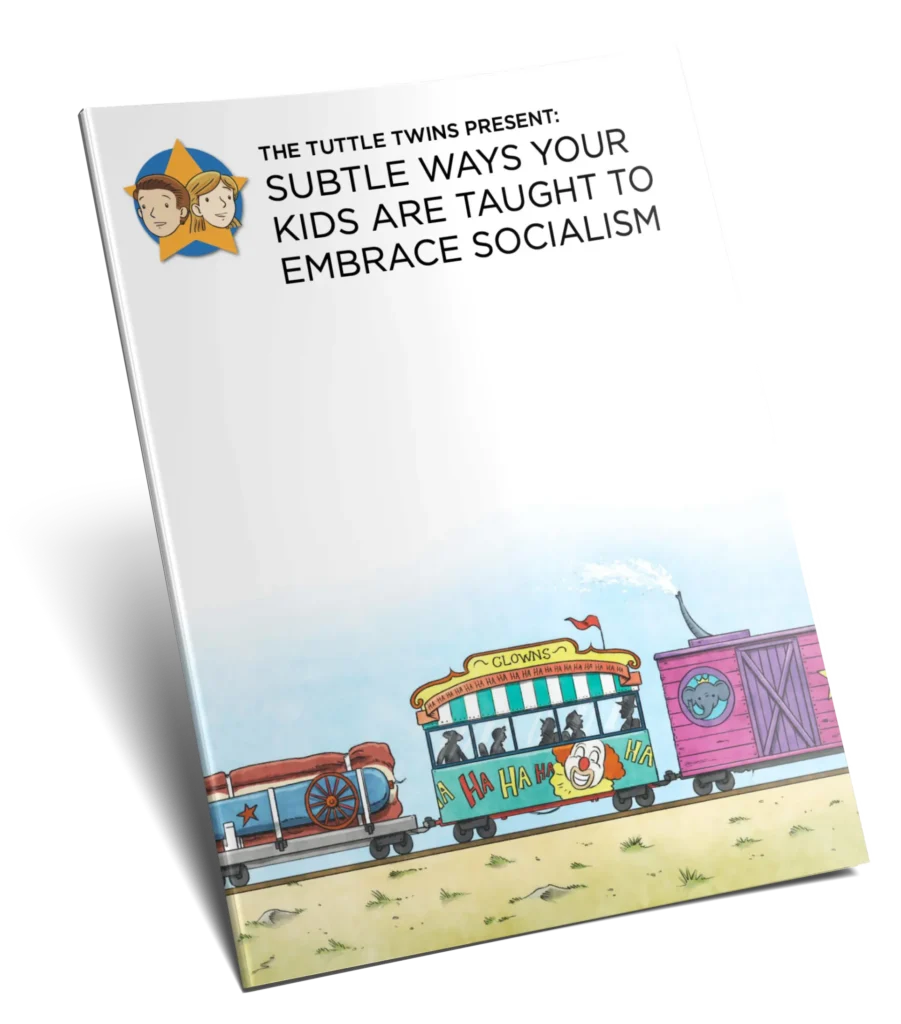
I shared some thoughts on my Facebook page the other day that I think are worth repeating here, so bear with me if you already saw this. 😉
Ben Franklin was spot on when he said:
“Those who would give up essential Liberty, to purchase a little temporary Safety, deserve neither Liberty nor Safety.”
These words are often misquoted so let’s break it down quick:
He was talking about essential liberty—enduring principles, due process, and fundamental rights.
And the issue isn’t long-term safety and stability—where one might concede to some basic regulations of one’s rights—but rather an exchange of liberty in return for “a little temporary” safety. It’s expediency—a surrendering of something enduring, traded for (supposed) safety in the short-term due to a perceived threat.
So basically, we freak out in response to something, and then support the strong-arm tactics laid out as The Way to Fix The Problem. We consent to—and even cheerfully support—things that we would never, if we weren’t scared, consent to or support.
Several years ago I wrote Feardom. After I published it, I made this (not that bold) prediction: “This book will never not be relevant, because this stuff happens all the time. People constantly give up freedoms in exchange for a safety quickie.”
And here we are.
 It’s not that I’m prophetic in the slightest—it’s that we’ve been here before. In fact we’ve been here over and over again.
It’s not that I’m prophetic in the slightest—it’s that we’ve been here before. In fact we’ve been here over and over again.
Unfortunately we are once again proving the truth of the old “those who don’t learn from history are condemned to repeat it,” adage.
Whether around the world or here in the good ol’ U S of A, over time people continue to stand by and watch their freedoms be steadily eroded. If you want to see the most clear and glaring example of how much we have allowed our lives to be changed by government because of fear, I would challenge you to watch any pre-9/11 movie that involves any airport scenes.
Yikes.
“Neither a man nor a crowd nor a nation can be trusted to act humanely or to think sanely under the influence of a great fear,” wrote the British philosopher Bertrand Russell.
And here’s what I wrote in Feardom:
Thus we see individuals condoning torture, deprivation, incarceration, and even murder under the pretense that doing so will abate their fears and help them feel safe. We similarly see the populace complying with insane demands to submit to molestation at the airport as a necessary measure for ensuring their protection. There is almost no end to what people will do in hopes of being kept safe from the supposed hobgoblins that threaten them.
Little could I have imagined the particulars of COVID-19 and economic catastrophe that the government’s shutdowns and mandates would cause to happen — but it’s relatively easy to predict because this is a historical trend.
We as a people are not very good at valuing and protecting our essential liberty when we’re scared. And those in “power” know that. They use it. They always have. It’s a tale as old as time with no happy ending.
There will always be challenges. War, natural disasters, disease, and economic turmoil are a part of this world. There’s always going to be a reason to be worried.
And government will always hold itself out as our savior, eager to implement this or that program, and spend tons of our (and our posterity’s) money to achieve it. Central planners live for times such as these—when their designs can be foisted on their fiefdoms.
But to me, and thankfully many others, the uncertainties of life are no reason to tolerate an expansion of government authority and a restriction on our rights. If anything, the opposite is true; given the historical trend, it’s in times of crisis that we should be the MOST vigilant against a consolidation of power by the state.
It is in times precisely like these that we must use extra level-headed thinking, be extra discerning in our reactions and our expectations, and—based on our observations of government’s tendency toward authoritarianism in times of crisis or perceived crisis—be extra vigilant in the protection and defense of our rights and those of our fellowman.
 H.L. Mencken famously said, “The whole aim of practical politics is to keep the populace alarmed (and hence clamorous to be led to safety) by an endless series of hobgoblins, most of them imaginary.”
H.L. Mencken famously said, “The whole aim of practical politics is to keep the populace alarmed (and hence clamorous to be led to safety) by an endless series of hobgoblins, most of them imaginary.”
It was right when he said it in 1918, it is still right today, and it will continue to be right for as long as government exists.
Do I believe that everyone in the government is bad, and that they sit, scheming into the wee hours of the night—wringing their hands in anticipation of the next disaster and planning the ways they will use it to usurp more power from the people? No.
But do I think that a lot of men and women who have the desire to control others seek careers in government? Yeah… I think that would be a fair thing to argue.
The problem is that even when a politician really just wants to help people, and they really believe that the “emergency” measures they are taking will save lives, or help those in need, or make life better and of course “safer,” the outcome is often the same. A series of unintended (and in many cases—especially by the scheming-hand-wringers—intended) consequences follow that leave our rights forever altered and our liberties battered and bruised.
 The Tuttle Twins and the Road to Surfdom is based on F.A. Hayek’s The Road to Serfdom and details the way government action has a ripple effect that very often has terrible and far-reaching consequences. We are seeing just such a scenario play out now, in real time.
The Tuttle Twins and the Road to Surfdom is based on F.A. Hayek’s The Road to Serfdom and details the way government action has a ripple effect that very often has terrible and far-reaching consequences. We are seeing just such a scenario play out now, in real time.
I hope that as the second and third effects from this pandemic and the responses to it by government and private citizen become more visible, we will awaken ourselves to the very real history that is once again repeating itself.
When you see major news networks, and hear politicians using the phrase, “the new normal,” I would entreat you to look very closely at what you are being told to accept and what you are being expected to give up in order to assume your “proper place” in the real-time remaking of society.
There will always be dangers. There will always be viruses and terrorists and hobgoblins of one kind or another to keep us awake at night in worry for the safety of ourselves and those we love. We must, however, have a clear line in our minds of what “essential liberties,” if any, we are willing to sacrifice for a feeling of security—and when that line has been crossed, we must find the courage to speak out.
My hope is that in the coming days and weeks we will see an awakening of our collective faculties and a renewed commitment to the principles of freedom, liberty, and individual rights that once defined Americans. I hope that people will listen closely to what “new normal” is being crafted for them, and that they will reject a limiting of their freedoms—even if they’re scared.
— Connor

